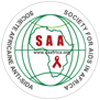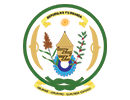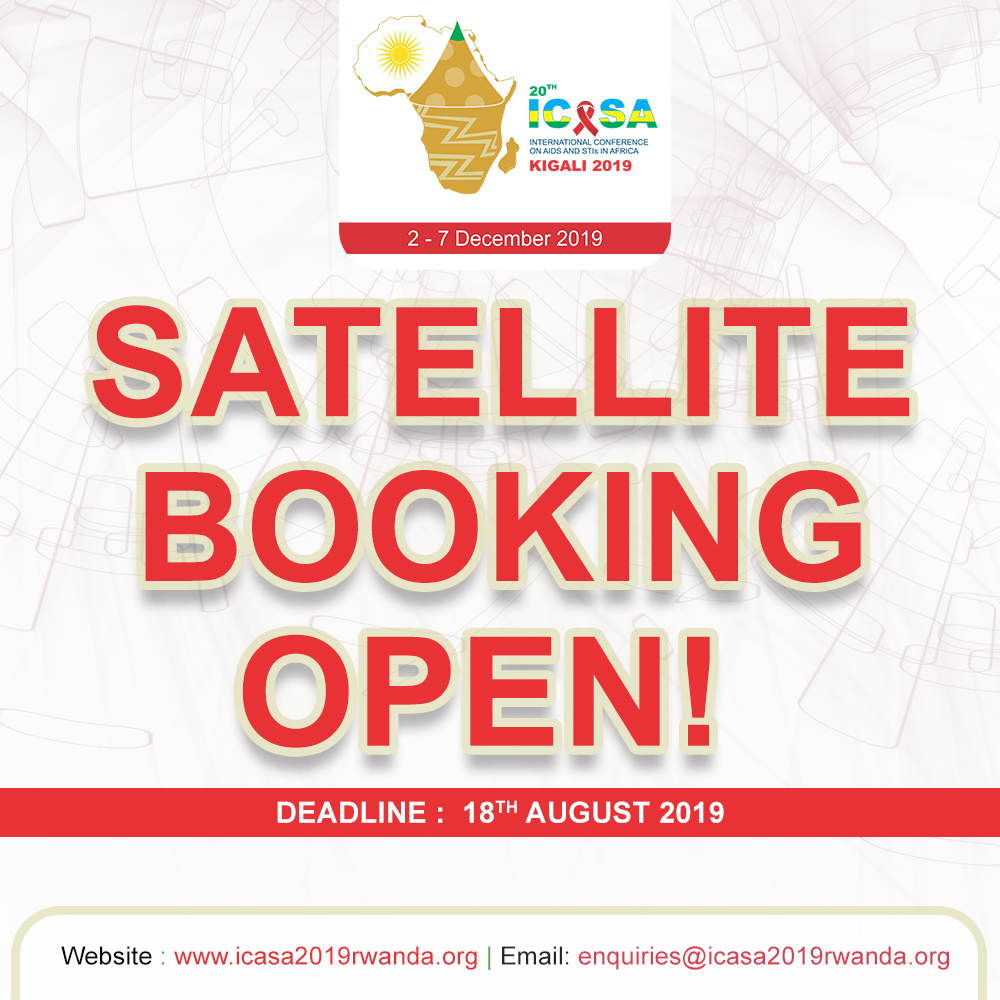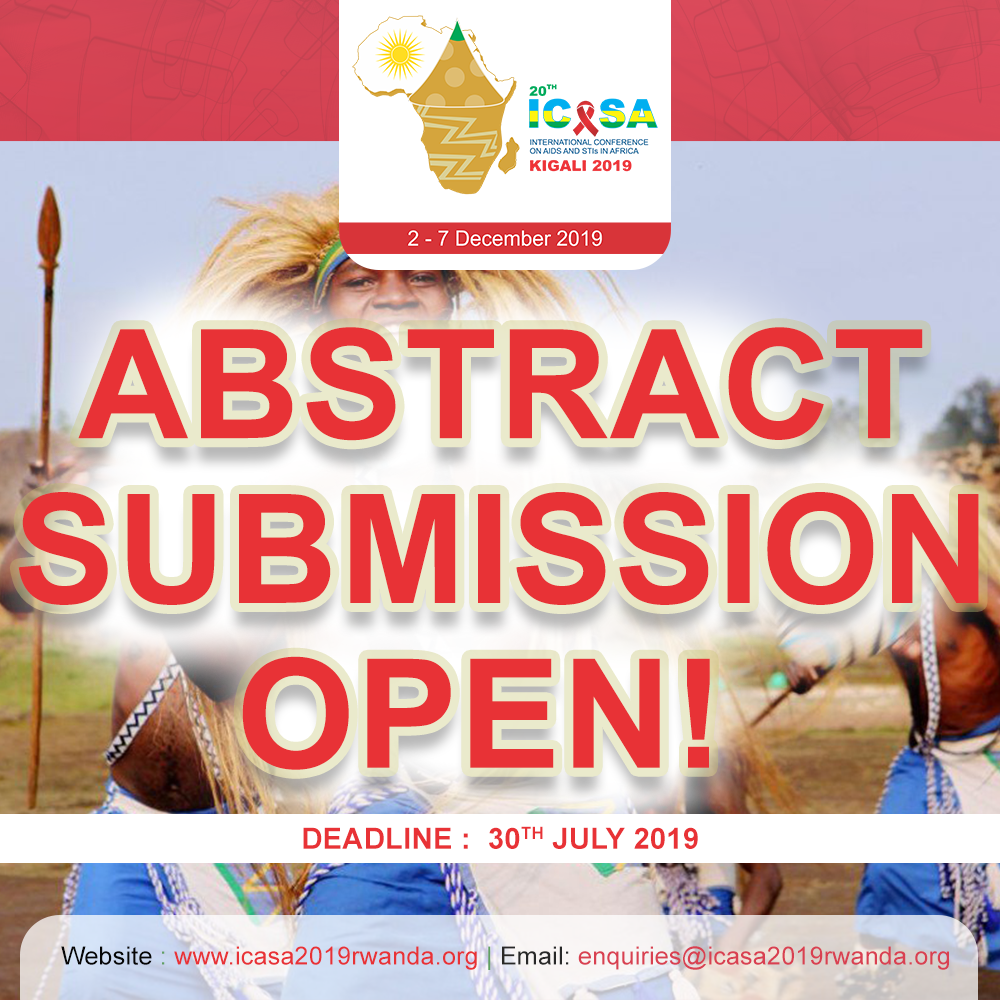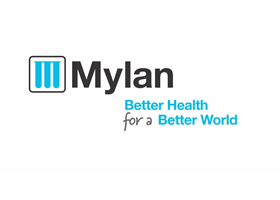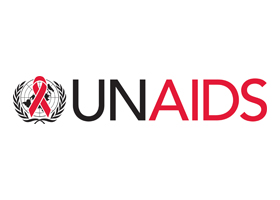Time: 08.30 – 10.30
Venue: Auditorium
Reporters: Annet Kampororo and Ange Umutoni
WHAT WILL IT TAKE TO ACHIEVE EMTCT AND 90-90-90 GOALS FOR CHILDREN IN AFRICA –DR DOROTHY MBORI-NGACHA.
It is important to super fast-track targets for pregnancy woman. This should help reduce the number of children newly infected annually to less than 40,000, reduce the rate of mother to child transmission to 5% or less among breastfeeding woman and to 20% less among non- breastfeeding women. It is also important to reach and sustain 95% of pregnant women living with HIV on lifelong HIV treatment.
Countries are meeting targets for the elimination of mother to child transmission of HIV. Those that have reached <90% of pregnant women living with HIV are Burkina Faso, Botswana, Namibia, Malawi, Ethiopia, Libya, Benin, Tanzania. Those who have reached the 70.89% include ESwatini, Lesotho, Cameron, Kenya, Burundi, South Africa, Togo, Gabon, and Ghana. Also, those that have reached 50.69% include Chad, Guinea Bissau, South Sudan, Guinea, DRC, Senegal, and Equatorial Guinea.
Testing during pregnancy is sub-optimal. The testing rate is low in rural areas, among the poorest woman, among those with limited knowledge of HIV, Barriers to access and testing include poor integration, health care providers related issues, communication challenges with male partners, fear of disclosure, and HIV-related stigma. PMTCT retention rates are below the retention rates of the general population in care. Retention compromised by HIV status denial, stigma, fear of disclosure, lack of social support and lack of transport fare. Discontinuation of treatment high in small health delivery sites and in facilities with high staff turnover.
Community engagement improves outcomes. Recent evidence suggests that retention of pregnant women in care improves when couple tests together. There is also improve male outcome when the partner engages them through the antenatal platform.
Remaining gap and those left behind: Adolescent, women living in extreme poverty, women in the most remote area where access is poor, women who are migrants, women who are marginalized in society because they belong to key population or their partners are.
STRONGER POSITIONING OF WOMEN LEADERSHIP IN AFRICA FOR THE HIV RESPONSE - TSEHPO RICKI KIGOSITAU
Tsehpo works with Accountability International whose vision is a world where there is accountability for the life’s human rights and wellbeing of all person, across all spheres of society. Its mission is to serve as a as a watchdog and to a amplify the diverse voice of marginalized communities
The problem: Girls continue to be married and forced out schooling. Intimate partner violence and sexual and gender-based violence continues to be the rise. New HIV infection on the rise amongst young women and adolescent girl. Accountability within the HIV response quite poor including reduced funding and global shifting priorities. The status of nurses and auxiliary health care staff needs our attention.
Who have we left behind: Lesbian women who have sex with women, women, women who lives in rule areas and those in conflict and militarized area. Others are transgender women, refugees and asylum seekers, women who use or inject drug.
What are some of the solution: Improve the status of health care, pay women in the HIV and health field equally and more generously, invest in communication led initiatives and intervention that are women lead.
Women investing in women: Proliferate intervention and initiative of women, bringing more women into our boardroom to enhance accountable governance. Transform qualitative representation of women in executive and management leadership in our organization
ACCESSING SERVICES FOR PEOPLE LIVING WITH DISABILITIES – PROF SENI KOUANDA
West Africa has a generalized co-existing with a concentrated epidemic. The response has been limited by the ignorance resulting from the lack to contextualized data thereby challenging the efforts at reaching the 90-90-90 target in region. Emerging new data from a study on humanity and inclusion looking as HIV and disability in West Africa, had the objective of strengthening strategic information for the effective inclusion of people with disabilities in the response to HIV/AIDS in West Africa. It was a cross sectional study on behavioral and biological, carried out in West Africa countries including Nigeria. Disabled people aged 15-69 years were recruited for the study. The result showed that accessibility and use of HIV services by people with disability was less than 14%. Less than 30% of people with disabilities had had a HIV testing in their lifetime. Access to and affordability to care for individuals with disabilities living with HIV can be a challenge as health care facilities are difficult to access, and health care unaffordable for the impoverished disabled. In conclusion, people with disabilities are vulnerable to HIV in West Africa. The HIV response need to play catch up game with people living with disabilities so they are not left behind by 2030.


